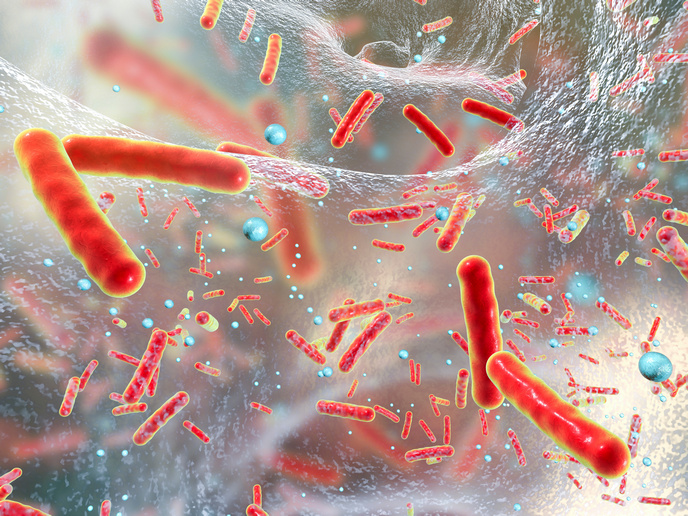In the fight against antibiotic resistance, don’t forget to check the sewers
Antibiotic-resistant pathogens are on the rise, with common bacterial infectious diseases that were once easily treated with antibiotics now showing alarming resistance. In fact, according to the European Centre for Disease Prevention and Control(opens in new window), each year more than 670 000 infections are due to bacteria resistant to antibiotics – with approximately 33 000 people dying as a direct consequence. While there are many reasons driving this increase, the discharge of sewage that contains both antibiotics and antibiotic-resistant bacteria is a major contributing factor. “Municipal wastewater treatment plants receive antibiotic-resistant genes and bacteria in the waste water from hospitals, residential, industrial and agricultural areas,” says Jan Bartáček, a researcher at the University of Chemistry and Technology, Prague(opens in new window). “They also receive great loads of antibiotics and other pharmaceuticals that are dispensed to humans or animals and then excreted intact or in metabolite forms via urine and faeces.” With the support of the EU-funded REPARES(opens in new window) project, Bartáček is leading an effort to develop a more comprehensive methodology for detecting and qualifying the presence of antibiotic-resistant genes and bacteria in sewage and sewage sludge. The project brought together a group of young researchers and companies, all of whom had a shared interest in resolving the issue surrounding the spread of antibiotic-resistant bacteria. Through research trips, on-site studies at sewage plants, and expert visits, the team successfully established a standard method for detecting such materials in municipal waste water streams. “In addition to including a free database of all the antibiotic-resistant genes and bacteria found in sewage treatment plants, the REPARES website also contains a wealth of valuable information on how to best detect such materials,” explains Bartáček. The research team also organised a number of summer schools, seminars and workshops that aimed to engage the wider public in the effort to mitigate the spread of antibiotic-resistant bacteria.
Training the next generation of researchers
The REPARES project has successfully advanced our know-how in antibiotic resistance across sanitation waterways, an important step in the fight against what the World Health Organization(opens in new window) has classified as being a major global threat to society. The project also succeeded in advancing the scientific profiles of its team of young researchers, many of whom continue to conduct work in the field of antibiotic resistance. “One of the most important outcomes of this project is the training of the next generation of researchers who I am confident will leverage their new-found knowledge and skills and have a major impact at the EU and international levels,” concludes Bartáček.
The Czech Platform on Antibiotic Resistance
Last but not least, the REPARES team created a national initiative called the Czech Platform on Antibiotic Resistance(opens in new window), or CZEPAR. This platform involves scientists, doctors, veterinarians, companies and other stakeholders that joined their efforts to fight antibiotic resistance in Czechia.







